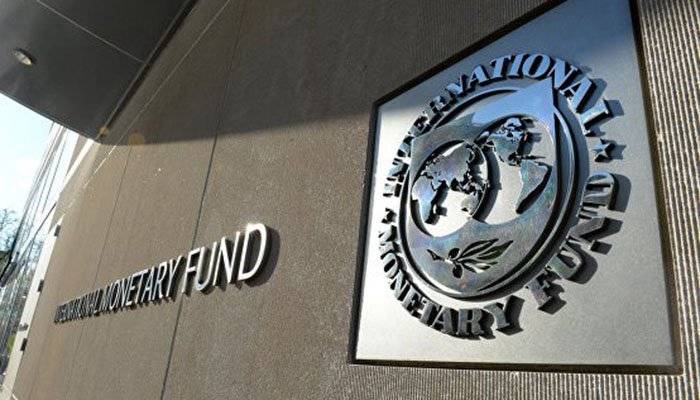Though Prime Minister Imran Khan has reportedly rejected the draft of a staff-level agreement, there are hundred percent chances of progress in talks between government and the IMF for an acceptable bailout package.
The government and the global lender were said to have made "good progress" in their discussions on Friday for a loan agreement, purported to be valued at around $6-7 billion.
However, when Adviser to PM on Finance Abdul Hafeez Sheikh and other officials called on the prime minister and apprised him of the bailout package and the global lender's conditions, the premier turned down the draft over inflation concerns.
According to sources within the Ministry of Finance, Pakistani officials and the IMF had finalized the staff-level agreement, but Prime Minister Imran rejected the draft as he wanted relaxation in the IMF's conditions considering the issue of inflation in the country.
The premier directed officials to convince the global lender to reduce target of tax collection, besides further relaxation with regard to tax exemption, the sources added.
Under the proposed bailout agreement, Pakistan would have no choice but to concede to the IMF’s demands to hike power tariffs and taxes and withdraw tax concessions and exemptions - which are among the conditions that the country has accepted to secure the loan.
According to the ministry sources, the government would increase the costs of electricity and gas for the consumers in two phases within this year. New taxes amounting to Rs700 billion would be revealed in the budget for the next fiscal year, to be announced on June 11.
Budget deficit would be restricted to 4.5 percent, whereas the revenue target for the Federal Board of Revenue would be set at around Rs5.3 trillion. Interest rate would be brought up to 12 percent.
Under the proposed agreement, the government would not control the rate of the dollar, and subsidies in the energy sector as well as other sectors would be withdrawn.






